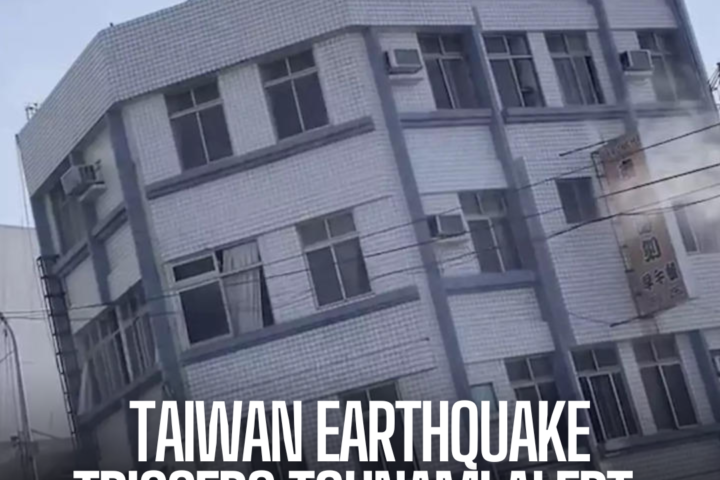Israel carried out a military strike in Iran, a source told NBC News. The Israeli Strike was limited, and officials were assessing the effectiveness and the damage caused, a source aware of the situation told NBC News.
A spokesperson for the Israeli Defense Forces declined to comment on the reported Strike.
Potential Casualties and Retaliatory Actions:
Officials will be particularly interested in whether the Strike caused any Iranian casualties, as this will help indicate the scope of possible Iranian retaliatory actions.
Former CIA Director John Brennan remarked on the situation, emphasizing the importance of assessing the damage and anticipating Iranian reactions.
Israeli officials had notified U.S. officials about the impending response, but the U.S. was not involved in the Israeli Strike on Iran.
Precautionary Measures by the U.S. Embassy in Israel:
The U.S. embassy in Israel took precautionary measures by restricting personal travel of its employees and their families after the Strike, limiting travel outside specific areas.
Iran’s foreign minister issued a warning to Israel regarding the consequences of any use of force in response to recent drone and missile attacks. An international coalition led by the U.S. Central Command aided Israel in defense against Iranian attacks.
The coalition’s efforts resulted in the interception of 99% of the weapons, with minimal damage and casualties reported in Israel.
Jordan’s Involvement and Regional Dynamics:
Despite tensions over the war in Gaza, Jordan joined the coalition, citing self-defense. Saudi Arabia, though lacking official relations with Israel, likely assisted, as indicated by Israeli reports of missiles flying through Saudi airspace.
Israeli Air Force officials, speaking anonymously, discussed operational details, highlighting the need for flights “east of Israel” to intercept missiles.


























